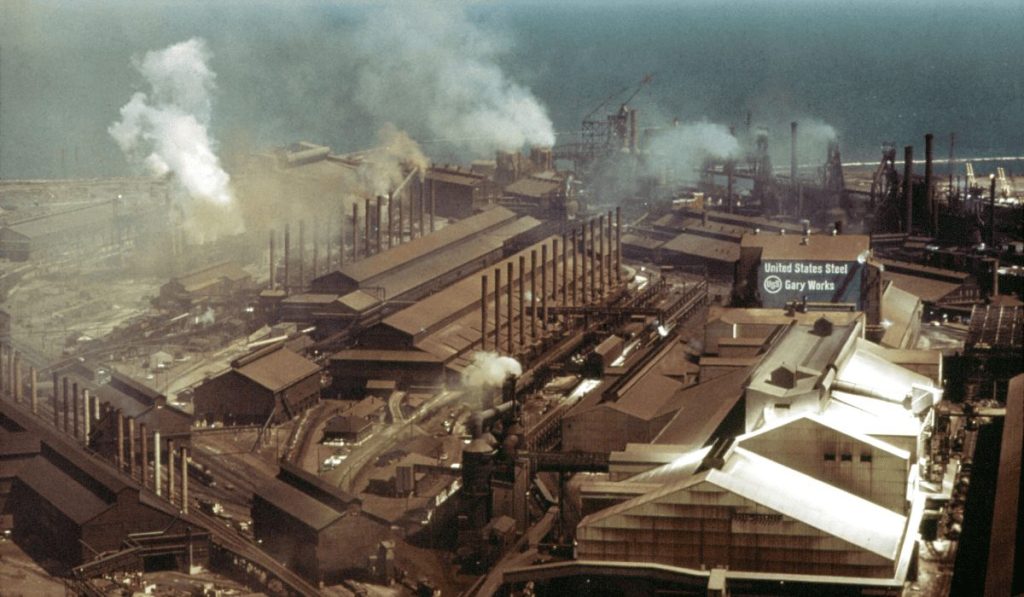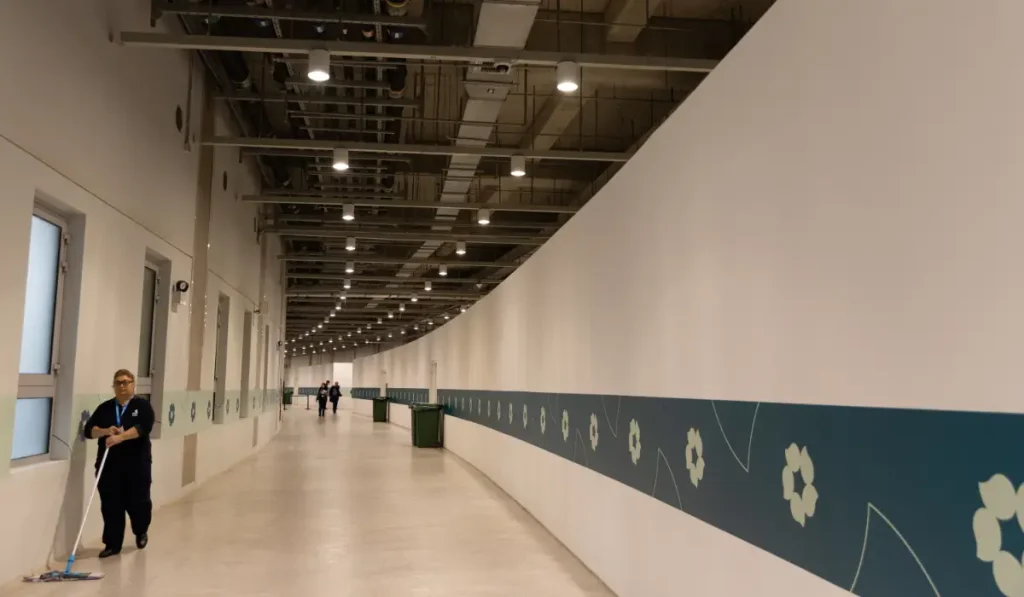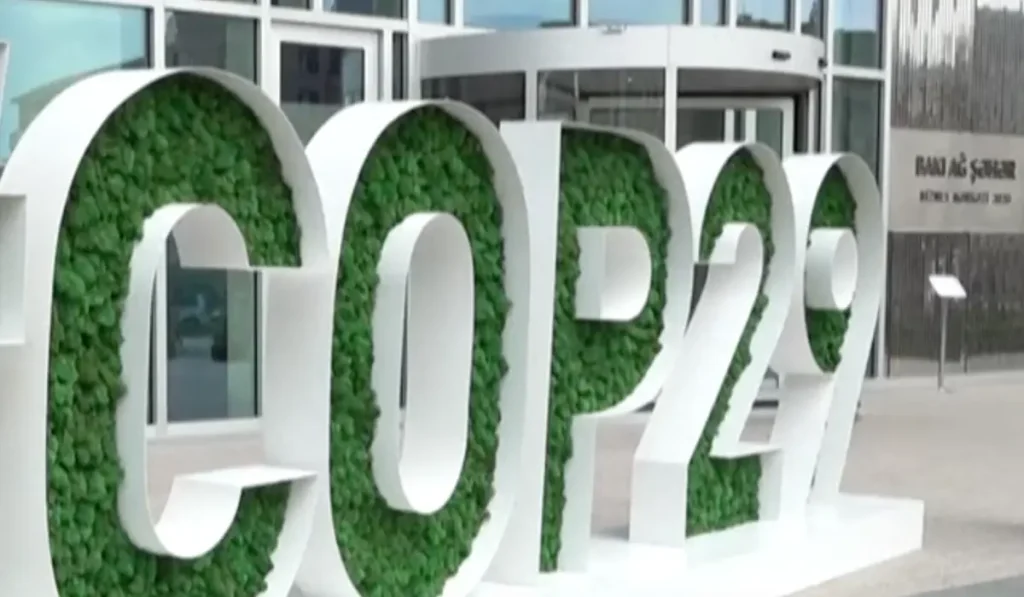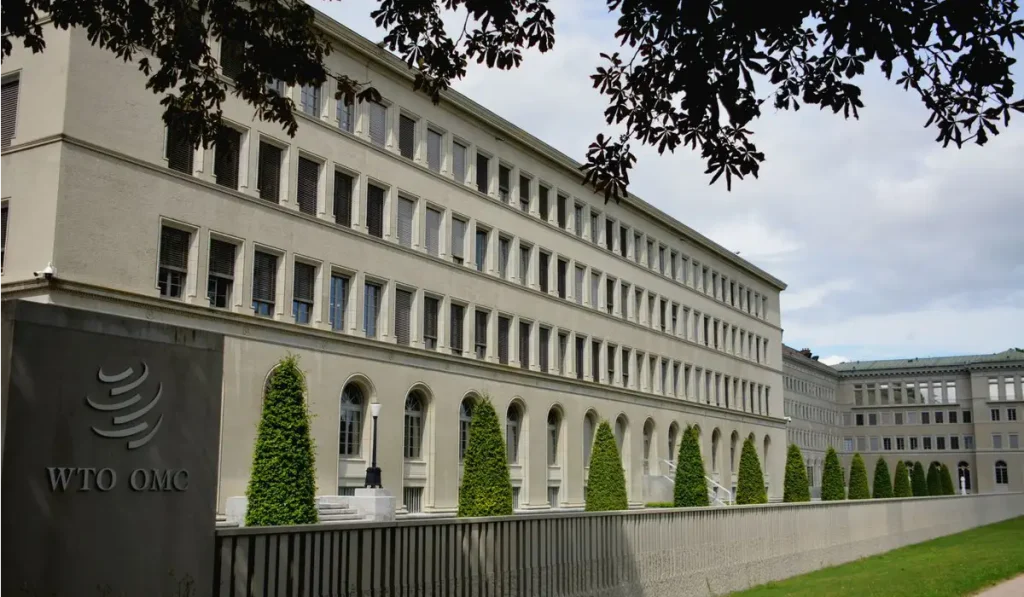Leading up to and following the introduction of the EU’s Carbon Border Adjustment Mechanism (CBAM), the trend of using trade and fiscal incentives to influence cross-border climate responses has become increasingly fraught. Last year, during negotiations under the UNFCCC, many developed countries argued that trade and climate issues should be discussed within the World Trade Organisation (WTO) only, leaving little opportunity to debate one of the most controversial mitigation measures of the year within the UNFCCC COP. For this reason, many were hoping to see trade and climate measures dealt with comprehensively at the latest WTO’s 13th Ministerial Conference (MC13) that ended on the 2nd of March in Abu Dhabi. Developing countries were also looking to discuss wider issues such as agriculture, fisheries subsidies, the reform of the WTO and regional trade.
But those hopes were dashed when India put a stop to any discussion on the topic. Indian Minister of Commerce and Industry, Piyush Goyal, stated ahead of the conference that he intended to ensure that the guiding principles of the WTO were maintained, citing “attempts to include issues in the WTO that are not part of world trade”. Apparently, these issues include the environment, gender and small and medium sized enterprises. The approach appears perverse given India’s long-standing opposition to the CBAM and historic statements that it intended to appeal the CBAM within the WTO. At present it is apparently engaging in bilateral discussions with the EU on the matter.
The EU lamented the lack of agreement “to launch deliberations on key trade challenges (Trade and Industrial Policy, policy space for industrialisation, Trade and environment) despite being supported by the EU and a majority of other delegations.” It labelled the move a setback for a small number of countries that weakens the role of the WTO as a key forum to address contemporary challenges.
Notwithstanding the Indian veto, a group of mostly developing countries, including the Africa Group, spoke out on the topic. In a Ministerial Declaration, they pointed to the intrinsic link between climate change and global trade measures, and the need for a rules-based, open, transparent, fair, and non-discriminatory multilateral trading system, with the WTO at its core. It calls on members to avoid the use of unilateral and protectionist measures, and urges the WTO Committee on Trade and Environment to give guidance on the legally compatible design of climate related trade measures. It also supports further dialogue within the WTO that promotes trade that is supportive of sustainable development. While this submission wasn’t able to shift the Indian veto, it underscored the imperative of creating a forum to discuss climate change and trade. Given the outcome of the conference, it may well be that countries are more willing to include the topic of climate and trade within UNFCCC discussions in Bonn later this year, although that too is difficult to imagine.
However, all was not lost at the meeting. Although much more progress needs to be made, countries were able to renew their commitment to have a well-functioning dispute resolution system up and running by the end of this year. To date, the appellate body of the WTO has been non-functional because the US has been blocking its appointees, ironically (given its own conservative domestic judicial activism) over what the US perceived to be historic judicial overreach within the WTO. The lack of an appeal body means that it remains impossible for developing countries to meaningfully raise a dispute about the CBAM within the WTO (there is presently an interim arbitration measure in place, but it remains untested in an appeals context). Although countries have renewed their commitment to having a body in place, it will be imperative for them to take active measures to achieve this. As Director-General Ngozi Okonjo-Iweala, observed “let’s continue to roll up our sleeves to advance this reform and deliver by 2024.”
An overlooked but important component of the meeting was the launch of a plan by the 48 members to advance work towards rationalising, phasing out or eliminating harmful fossil fuel subsidies. Although much has been said about fossil fuel subsidy reform within the G20, G7 and UNFCCC COPs, little has actually been done to give effect to it. The WTO plan by these 48 members seeks to lead by example by supporting transparency and awareness of fossil fuel subsidies, tackling crisis support measures through guidelines and identifying key types of subsidies that are particularly harmful. At the meeting, Todd McClay, New Zealand’s Minister for Trade, and coordinator of the initiative stated: “we want to find a way to tackle these distortions to ensure that the benefits of trade are spread fairly while improving our prospects of mitigating climate change. This trade-focused initiative takes this objective forward.” The work programme will continue to guide efforts on subsidy reform this year and next. At present there are no African countries represented within the 48 member subsidy reform initiative.


